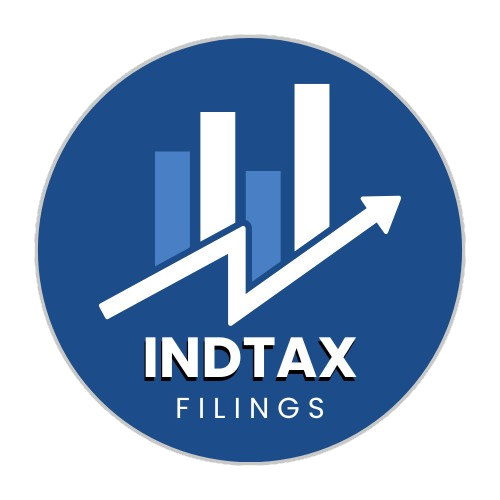Rubber is classified into various types based on its source, processing, and application under the Rubber Board. The main classifications include:
- Natural Rubber (NR): Harvested from rubber trees (Hevea brasiliensis), this type of rubber is used in a variety of industries including automotive, manufacturing, and consumer goods.
- Synthetic Rubber (SR): Produced through chemical processes using petroleum-based compounds. This includes types like styrene-butadiene rubber (SBR) and butyl rubber, which are used in industrial applications and tire production.
- Reclaimed Rubber: Processed from waste rubber products, primarily used in products like shoe soles, mats, and other industrial goods. The Rubber Board classifies rubber further based on grades and quality, ensuring that standards are maintained throughout the industry.
Types of Rubber Board License
The Rubber Board issues different types of licenses depending on the nature of the business and activities related to rubber production, processing, or trading. These include:
- Plantation License: For those involved in the cultivation of rubber.
- Dealer License: For businesses engaged in the purchase and sale of raw rubber.
- Manufacturer License: For industries that process raw rubber into finished products.
- Processor License: For businesses involved in the intermediate processing of rubber, such as converting latex to rubber sheets or blocks.
Documents to Obtain Rubber Board License
To obtain a Rubber Board License, applicants must provide the following documents:
- Application Form: A duly filled application form specific to the type of license being applied for.
- Proof of Identity: Identity and address proof such as Aadhar card, passport, or voter ID for individual applicants.
- Proof of Business Registration: Certificate of incorporation, partnership deed, or GST registration for businesses.
- Land Ownership or Lease Agreement: For plantation license applicants, documents proving ownership or lease of the rubber cultivation land.
- Factory or Manufacturing License: For manufacturers, proof of factory registration or industrial license is required.
- Financial Statements: Audited financial statements or income tax returns for businesses.
Process for Rubber Board Online Registration
The Rubber Board has simplified the registration process with an online portal for ease of access. The process involves the following steps:
- Registration on the Rubber Board Portal: Applicants must first register on the official Rubber Board website and create an account.
- Application Submission: After registration, the relevant application form must be filled out and submitted online, along with the required documents.
- Verification: The Rubber Board verifies the submitted documents and checks for compliance with regulatory requirements.
- Issuance of License: Upon successful verification, the Rubber Board issues the license to the applicant via email or through the portal.
- Inspection (if required): In some cases, an inspection of the premises or plantation may be required before the final approval.
Benefits of Rubber Board License
Obtaining a Rubber Board License offers several benefits to businesses and individuals in the rubber industry, including:
- Legal Compliance: Ensures that all operations are conducted in accordance with government regulations, preventing legal issues.
- Access to Subsidies: Licensed entities are eligible for government subsidies and financial assistance programs aimed at boosting rubber production and trade.
- Market Support: The Rubber Board provides market intelligence, price updates, and export promotion, helping businesses expand their operations.
- Quality Standards: License holders have access to resources and support to maintain high-quality production standards.
- Participation in Trade Fairs: Licensed manufacturers and dealers can participate in trade fairs, exhibitions, and global outreach programs organized by the Rubber Board.
Conclusion
The Rubber Board License is essential for those involved in the cultivation, processing, manufacturing, and trading of rubber in India. It not only ensures legal compliance but also provides access to various government benefits, quality control, and market support. With a structured online registration process, obtaining a Rubber Board License has become more accessible, making it an invaluable asset for businesses looking to thrive in the rubber industry.

